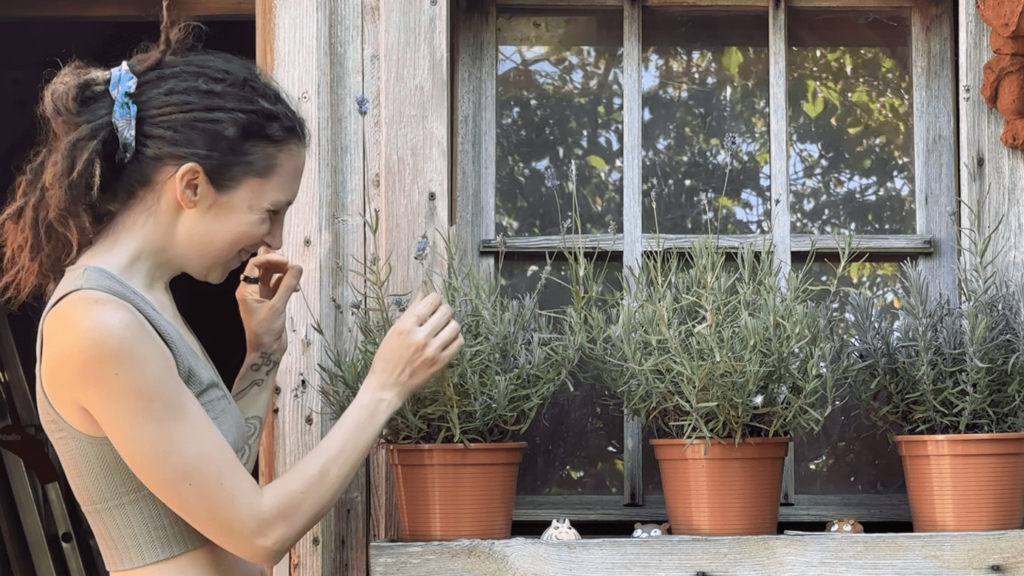Regenerative gardening for a resilient, productive garden
Over the past few decades, we have turned gardening into a complicated process full of rules, bans, and synthetic chemicals. In the past few years, I have learned to garden with nature rather than force it under my control. I have learned to read my garden, to listen to nature’s hints and to enlist the help of the many wild organisms in the gardens.
On the one side, there are the overwhelmed gardeners. On the other side, there is a planet battered by climate crisis and exploiting humans. Gardening isn’t getting any easier.
But it can be simpler. And that’s where I come in.
Garden Coach Articles Newsletter Contact
